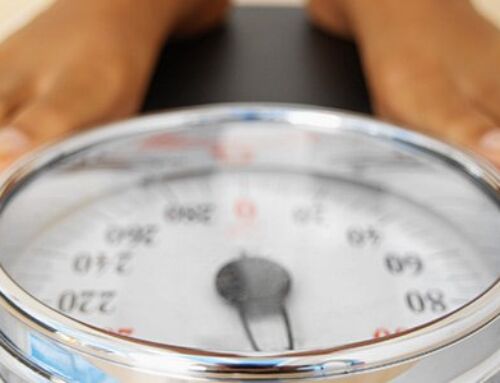Trying for a child seems pretty straightforward, as women we spend a good portion of our adult lives actively avoiding falling pregnant and think when we’re actually ready things will just fall into place and voila, pregnant! Sadly this is not the case for many couples. Whilst often medical intervention is a necessity for those struggling with fertility issues, there is a lot within your control, such as preconception care, that you can do to optimise your chances of falling pregnant, the health of your child and your post birth recovery. These practices can be implemented whether you require assisted fertility measures or you’re able to conceive naturally.
Preconception care should start at a minimum three months before you’re ready to start trying for a baby, but if I am completely honest, I really prefer 6-12 months for most couples. If you have been using hormonal contraceptives like the pill, implanon or IUD, then a minimum of 12 months is essential to balance your hormones and regulate your cycle.
So why is three months the bare minimum to prepare for conception?
Because it takes approximately 88 days for both an egg and sperm to mature.
- The egg: a delicate orchestra of hormones choose a dominant follicle to mature into an egg that is released, this whole process lasts 88 days. A period is a reflection of your health over a three month period, that’s why we consider your period to be your health report card.
- The sperm: there are three complex stages of sperm development called spermatogenesis, together these phases last 88 days.
Side note: I think this one fact is so important in understanding the complexity of conception and that both the male and female partner play a key role in a healthy pregnancy.
Where to start?
Food is the easiest and in my opinion, one of the most impactful ways to improve your health. You’re creating the foundation for your child’s health, notice how you feel at the end of the day consuming the foods you currently do. Are you exhausted? Agitated? Anxious? I encourage all my patients, whether they are trying to conceive or just looking to improve their digestive health, to eat more plants focusing on natural foods, and this should be the starting point for any preconception plan.
Foods to increase: Plant foods – legumes, vegetables, whole grains; healthy fats – olive oil, oily fish such as salmon, sardines, avocados, coconut oil, butter and ghee and pasture raised eggs.
Foods to decrease/eliminate: Processed foods, refined sugar, deli meats, white foods such as bread and pasta, gluten, dairy and caffeine.
Tips to help you add more plant foods to your day:
- When constructing your dinner plate, aim for half to two thirds of your plate to be vegetables and legumes.
- Start your meal with a vegetable soup or side salad.
- Add fresh herbs to your salads and hot dishes; herbs are mineral rich and full of phytonutrients and often overlooked in the vegetable department.
- Aim for 30 fibre sources per week: this means you must consume 30 different fibres sources in seven days and you can’t count the same fibre twice. Eg: oats with blueberries, psyllium husk, chia seeds, sunflower seeds, goji berries is a total of six plant based fibre sources.
- Swap your pasta and noodles for zucchini noodles or red lentil pasta.
- When eating out add a side of steamed vegetables to your meal.
Supplementation
When it comes to preconception care supplementation, there is no one size fits all approach and it is imperative you speak with a qualified practitioner about your specific needs. Often pathology testing is recommended to get your baseline levels and to determine exactly where you need support. In saying that, there are some key nutrients recommended to support your health prior to conception:
Vitamin D: optimal levels of Vitamin D are associated with hormone production and cycle regulation and have beneficial effects on both PCOS and endometriosis
Omega 3: important if you’re not consuming seafood regularly, associated with increased sperm count and sperm motility as well as improving egg quality and hormonal regulation
Iron: our need for iron doubles in the second and third trimester of pregnancy, so it is imperative that iron status is optimised prior to conception. Iron is important for haemogloblin production, a protein found in red blood cells, responsible for carrying oxygen around the body. Low levels of iron during pregnancy are associated with low birth weight, premature birth and postnatal depression.
There is so much more to the preconception care story and depending on your individual health and circumstances, every preconception plan will differ. However simple dietary changes now can have a profound effect on your health and that of your future child. If you would like to discuss more strategies to support your preconception journey phone the clinic on 02 4961 4075 and book an appointment with one of our qualified practitioners.
Yours in health,
Samantha Wilson




